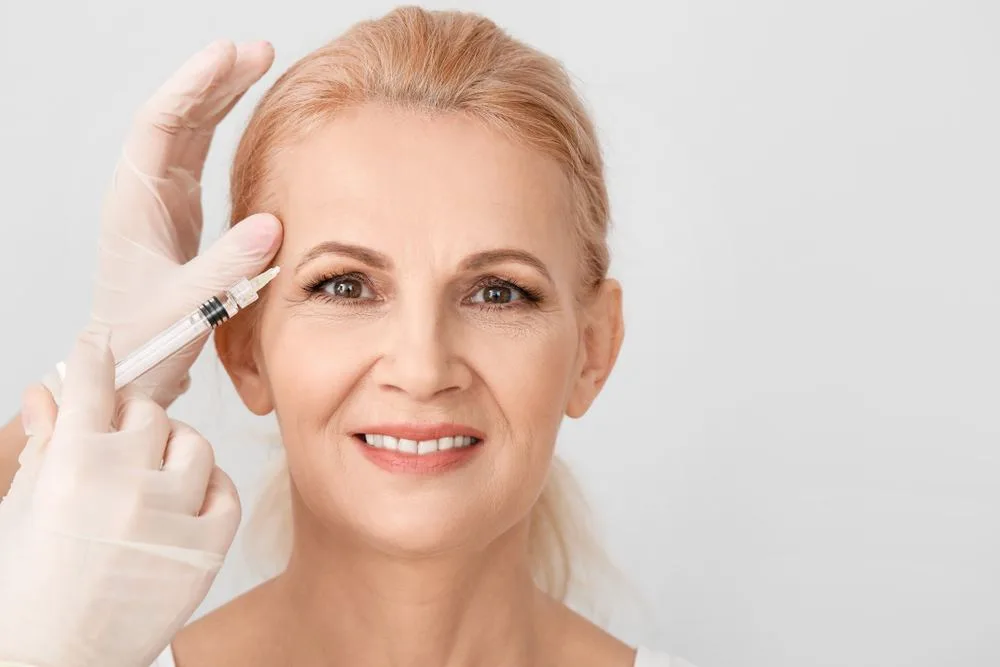While vaccines are more commonly associated with preventing infectious diseases, researchers are also using them to help reverse the aging process, as this approach can have lasting effects. A recent animal study suggests that the secret to longevity may be found in a vaccine.
Anti-Aging Vaccination
CD38 is a protein found in the body’s tissues and immune cells. Yet, it’s received attention because it’s involved in the metabolism of NAD+, which can have anti-aging benefits. Unfortunately, with age comes an increase in CD38 protein, which can alternatively lead to a decline in NAD+ and mitochondrial dysfunction, ultimately contributing to the development of age-related diseases.
As previous research has found that the CD38 antibody may benefit against age-related syndromes, there is a consensus that it can play a role in developing an anti-aging vaccine. With that, a group of researchers from China sought to test a vaccine that targets CD38, as its elevated levels are linked to aging and damaged cells.
For the study, the team sought to determine which part of the CD38 protein would trigger the strongest reaction, so that it could be used in an anti-aging vaccine. Thus, they selected three small pieces (amino acid sequences) from the CD38 protein and then developed three different versions of a test vaccine, using each one of those pieces.
A few weeks later, they administered it to a group of 12-month-old mice and then again at 19 months of age, while administering a control vaccine to a separate group of mice. Then, the researchers observed how each’s immune system reacted, including levels of CD38, and then chose the version that triggered the strongest immune response as the most likely vaccine candidate.
Vaccinating Against Aging
According to the study’s findings, published in Aging Cell, the CD38 vaccine demonstrated improved longevity in the mice compared to the control vaccine. The vaccine not only reduced the number of cells with high CD38 levels but also improved blood sugar control, increased oxygen consumption, decreased the number of senescent cells (which have been linked to accelerated aging), and enhanced physical and cognitive performance in tests.
Naturally Improve CD38 Levels
Yes, the idea of an anti-aging vaccine sounds promising, but it will take some time to be developed in a way that doesn’t disrupt the vital role that CD38 plays in regulating the immune system’s functionality.
While you can’t naturally improve CD38 levels, you can focus on supporting NAD+ levels by adopting the following habits:
1. Exercise
Exercise is a great way to stay fit, and it can also boost NAD+ levels. How so? Well, a good workout stimulates mitochondrial activity in your body’s cells, which leads to higher NAD+ production. The good news is that you don’t need to do an intense HIIT workout, as walking, yoga, or swimming can also contribute to healthy NAD+ levels.
2. Fasting
Intermittent fasting has numerous benefits, one of which is triggering a state of shock in the body, activating a process called autophagy. This process not only helps clear out damaged cells but also promotes mitochondrial activity, resulting in improved NAD+ levels.
3. Cold water therapy
You may not be a fan of an ice bath, but dropping temperatures can improve NAD+ levels due to the body’s activated stress response.
4. Vitamin B3 Foods
Adding salmon, avocados, chicken breast, peanuts, tuna, mushrooms, potatoes, green peas, legumes, sunflower seeds, bananas, and eggs can be great for your NAD+ levels.
5. NMN supplementation
NMN (nicotinamide mononucleotide) is a naturally occurring molecule and is a precursor to nicotinamide adenine dinucleotide (NAD+). As such, adding an NMN supplement to your day can be a great way to go.
Want to know more?
Since NMN is necessary for the production of NAD+, it can help protect the body from health issues and other age-related conditions. Here’s how you can age better with NMN.
References
Yu, S., Li, Z., Tang, Y., Chen, Y., Ma, Y., Du, K., Zong, Z., Feng, K., Wei, Y., Chen, L., & Deng,H. CD38-Targeting Peptide Vaccine Ameliorates Aging-Associated Phenotypes in Mice. Aging Cell, e70147. https://doi.org/10.1111/acel.70147
Zeidler JD, Hogan KA, Agorrody G, Peclat TR, Kashyap S, Kanamori KS, et al. The CD38 glycohydrolase and the NAD sink: implications for pathological conditions. Am J Physiol Cell Physiol. (2022) 322:C521 45. doi: 10.1152/ajpcell 00451.2021



![women [longevity live]](https://longevitylive.com/wp-content/uploads/2020/01/photo-of-women-walking-down-the-street-1116984-100x100.jpg)










